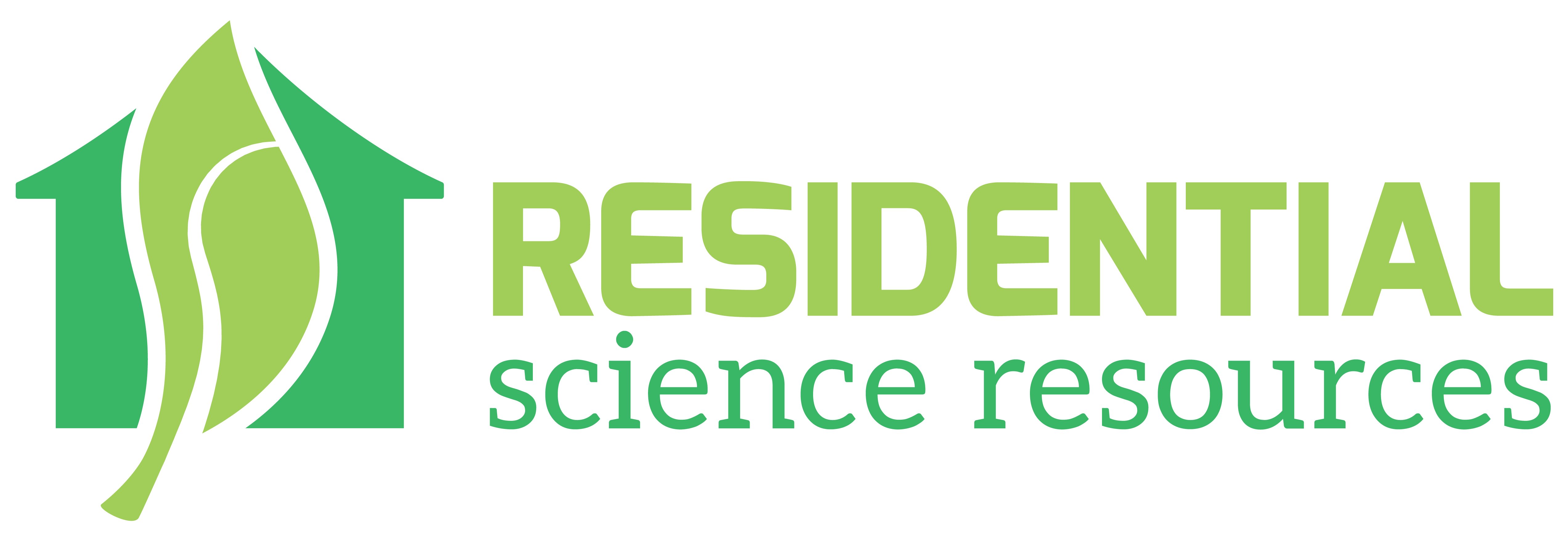Energy Program Implementation
RSR has implemented energy savings programs of all types and sizes since 2004, leading to more than $14.6 million in rebates processed and paid.
Our program implementation philosophy is two-fold. First, we build a solid program base working with utilities, municipalities, and government agencies to design demand-side management (DSM) energy efficiency programs that achieve the highest degree of rating consistency. Then we work hand in hand with new home builders and property managers to meet and exceed those program standards.
By providing clear and systematic building science guidelines and with a thorough knowledge of program rules and state energy codes, RSR ensures every program implemented home is qualified for any rebates or energy efficient certificates.
Whether it’s a required code sticker, photos of the construction process, or detailed program analysis, RSR provides the necessary documentation on energy efficiency to ensure code compliance and access to rebates and tax credits, paving an avenue to improvement opportunities.
Transforming the homebuilding industry requires the cooperation of many efficiency-focused organizations. Over the years, RSR has built strong relationships with many organizations across the country that share RSR’s commitment to high-performing and energy efficient new homes.
RSR’s utility partnerships also stretch across the country. By working with RSR, utilities achieve the highest degree of data accuracy, rating consistency, and client satisfaction. RSR utilizes its proprietary HouseRater suite of software that streamlines on-site data collection and allows for efficient and accurate data management, tracking, analysis, and reporting. New home programs administered and implemented by RSR include the following:
Minnesota – Minnesota Energy Resources (MER) Home Energy Excellence Program
The Minnesota Energy Resources (MER) Home Energy Excellence Program provides support to builders who are committed to improving the energy efficiency of the homes they construct for MER gas customers. RSR began collaboration with MER in 2011 with a goal to improve the nationally recognized Home Energy Rating System (HERS®) rating by at least 8%.
RSR and its certified rater staff support MER builders with building science consulting. At no cost to the builder, RSR will review the home’s plans with recommendations for energy improvements. Perform three on-site inspections at each enrolled house, and providing a HERS score that compares the MER builder home with a typical new home in the same area.
If the HERS rating of the as-built home exceeds energy code by at least 20%, the builder will be eligible for the Home Energy Excellence certification and a rebate. Additional incentives are available for homes exclusively constructed for low income, Habitat for Humanity, or homes built by eligible Human Resources Administration /Community Development Association (HRA/CDA’s).
Colorado – Xcel Energy ENERGY STAR New Homes Program
The Xcel Energy ENERGY STAR® New Homes program helps and encourages Colorado builders to construct homes that are more energy-efficient than minimum code-built homes. The program promotes energy-efficient building practices and technology that reduces space heating, water heating, cooling, and lighting costs.
Participating builders earn incentives from Xcel Energy for qualifying energy-efficient homes, and also receive building science consulting and quality control assistance from a qualified, independent third-party during the home construction process.
RSR has implemented Xcel Energy ENERGY STAR New Homes program since it was introduced in Colorado in 2009, and the program receives an overwhelming level of participation that surpasses and increases goals each year.
Illinois – Nicor Gas and ComEd Residential New Construction Program
Nicor Gas and ComEd jointly offer the Residential New Construction Program. Their goal is to construct homes that are at least 20% more energy efficient than what the current Illinois Code requires.
Participating builders work with building performance consultants to identify ways to construct homes that will save energy and lower operating expenses for the homeowner. Homeowners enjoy homes that are constructed efficiently from the ground up and include high-efficiency space and water heating equipment, better insulation, and improved air sealing measures.
Owners of the homes in the program receive a certificate that details the HERS Index and energy savings for their home. RSR has been the implementation contractor since 2012, and in 2018, we achieved the completion of our 5,000th home!
Direct installation programs aim to retrofit existing multifamily housing stock to be more energy efficient and comfortable for its occupants. Direct install measures may include LED bulbs, faucet aerators, water heater blankets.
Other more substantial improvements identified during the audit can also qualify for rebates once they are selected and installed such as weatherization, air sealing, upgraded insulation, HVAC/furnace replacement, storm window installation.
RSR, as the Implementation manager, is the main point of contact for the utility client and is responsible for program development, operations, marketing, and outreach efforts. Each project receives a walk-through audit to assess the building’s current condition. During that audit, qualifying direct-install measures are determined, and installation scheduled.
The property ownership team receives a detailed inspection report that also identifies additional energy-saving improvements that could be made to the property. RSR consults with and supports the ownership team as they undertake the installation of the improvements.
As with any large scale implementation plan, data accuracy and plan execution is critical for success. RSR utilizes its proprietary HouseRater suite of software that streamlines on-site data collection and allows for efficient and accurate data management, tracking, analysis, and reporting.
A typical direct installation program for multi-family structures includes the following phases:
- Current structure energy assessment and site audit, review and reporting
- Direct installation planning, scheduling, installation and verification
- Post-installation energy measurement assessment, review, and verification
- QA/QC review, reporting, project invoicing, and rebate payment
- Overall program performance assessment and reporting
Successful outcomes for direct install programs include meeting participation and energy efficiency savings goals, driving customer engagement, and installation of additional energy efficiency measures.
